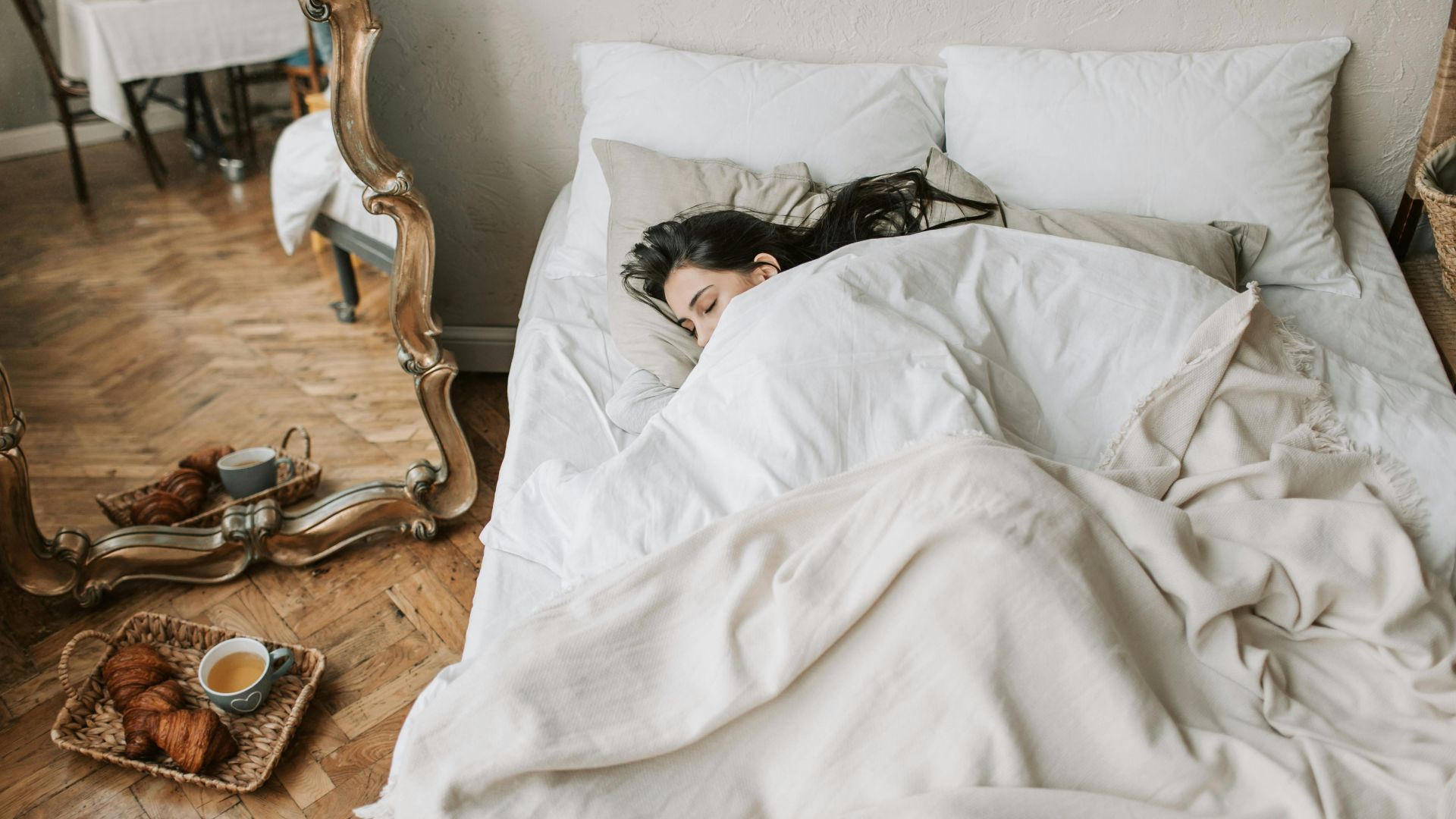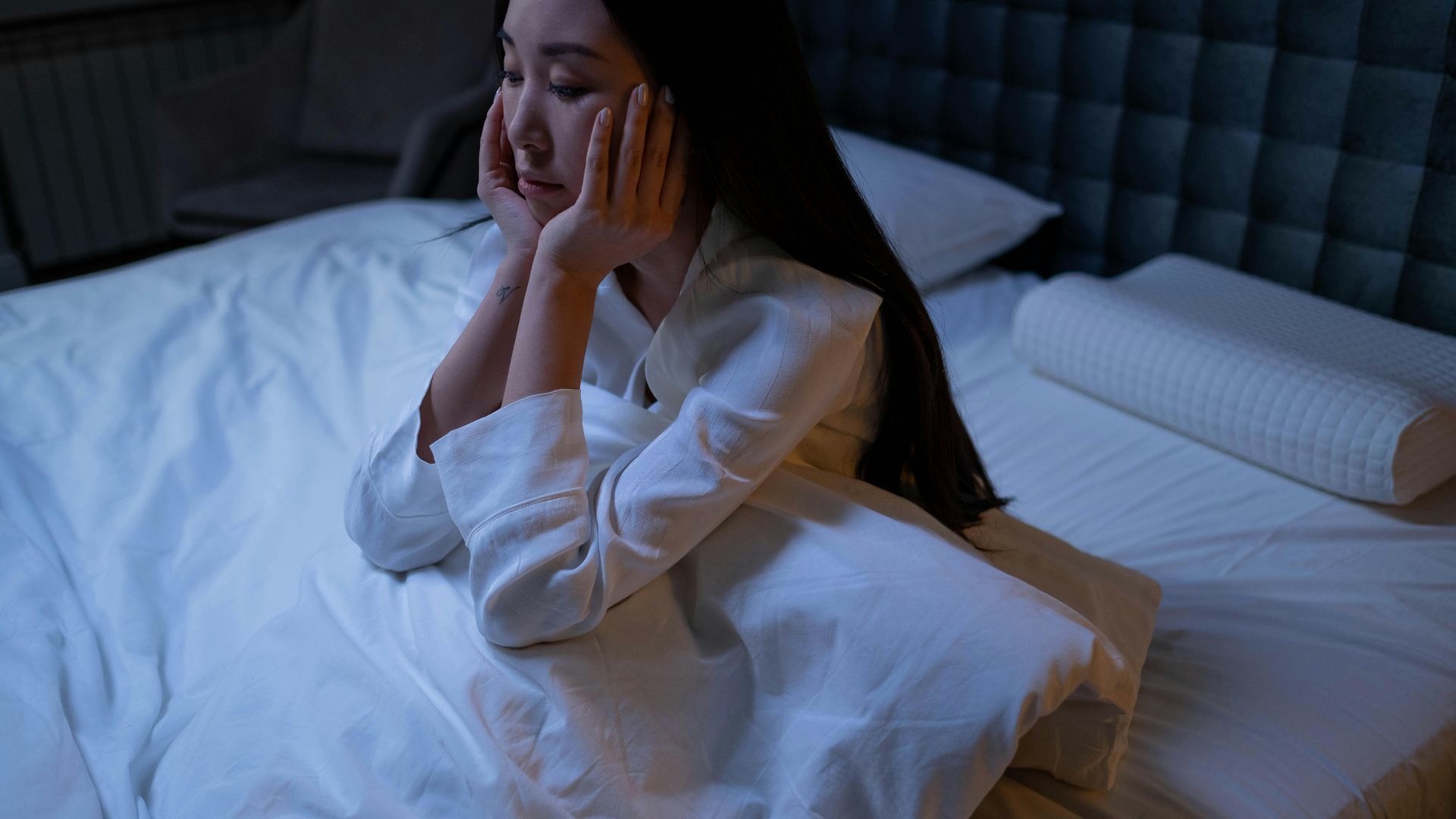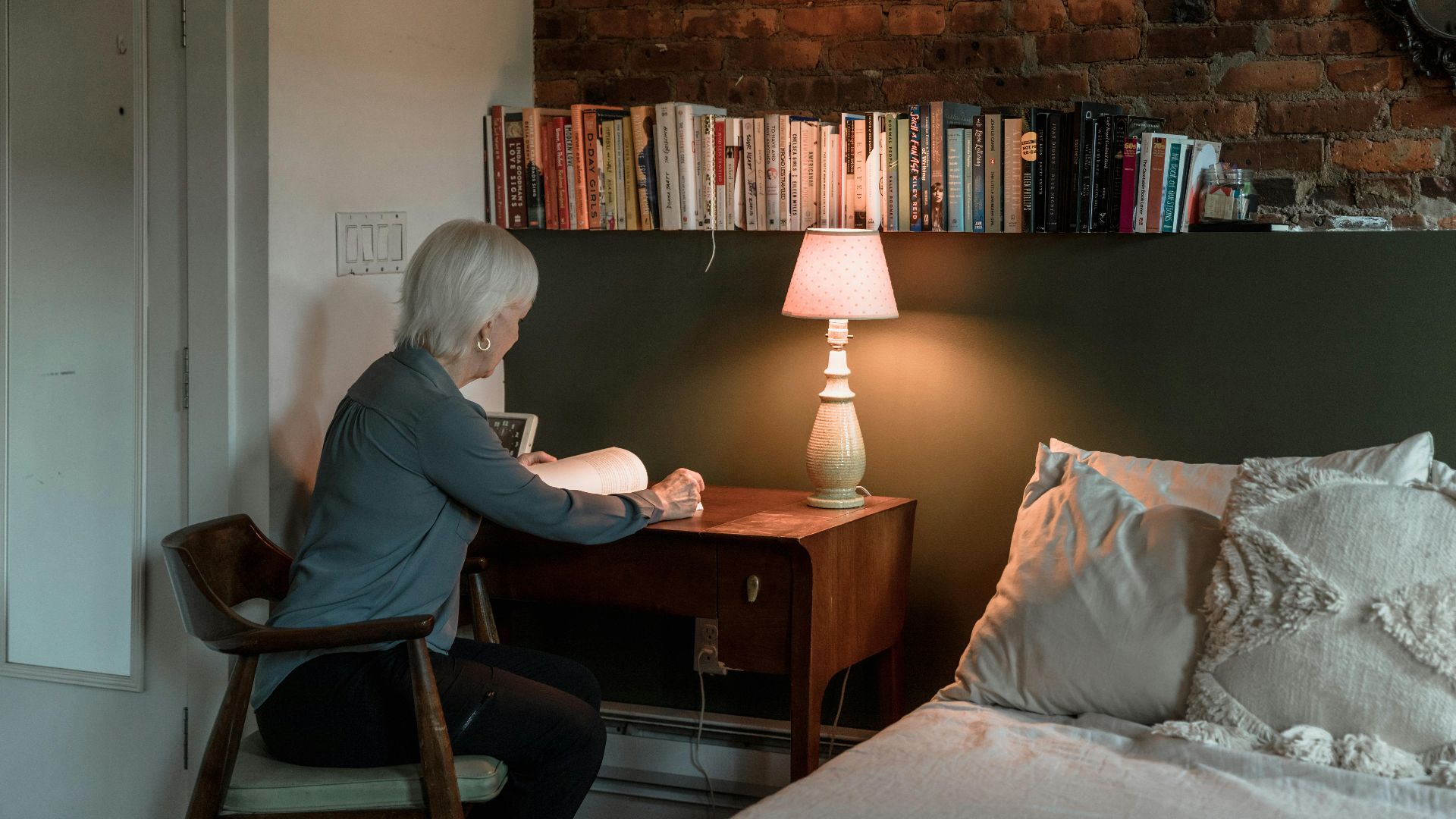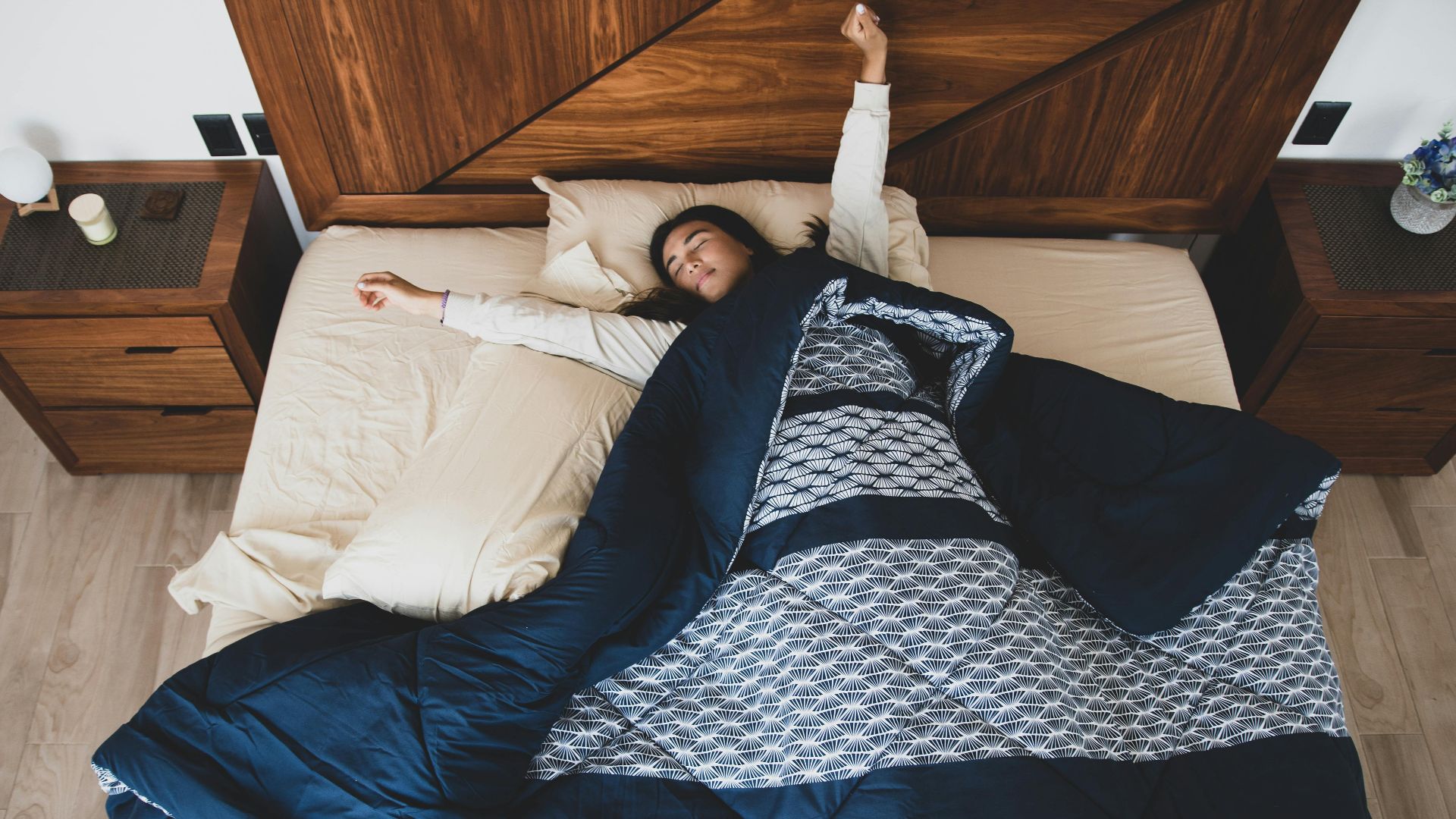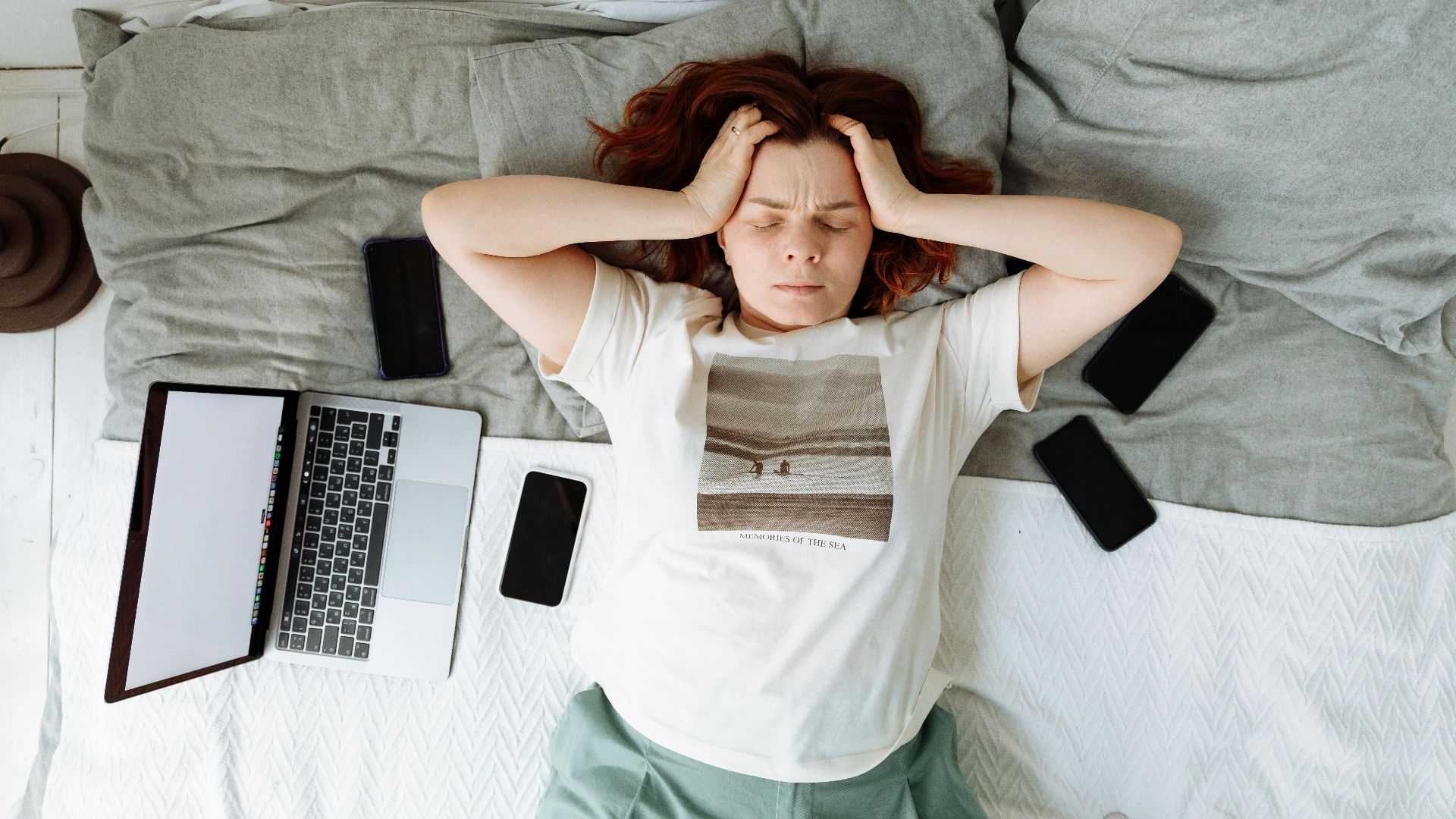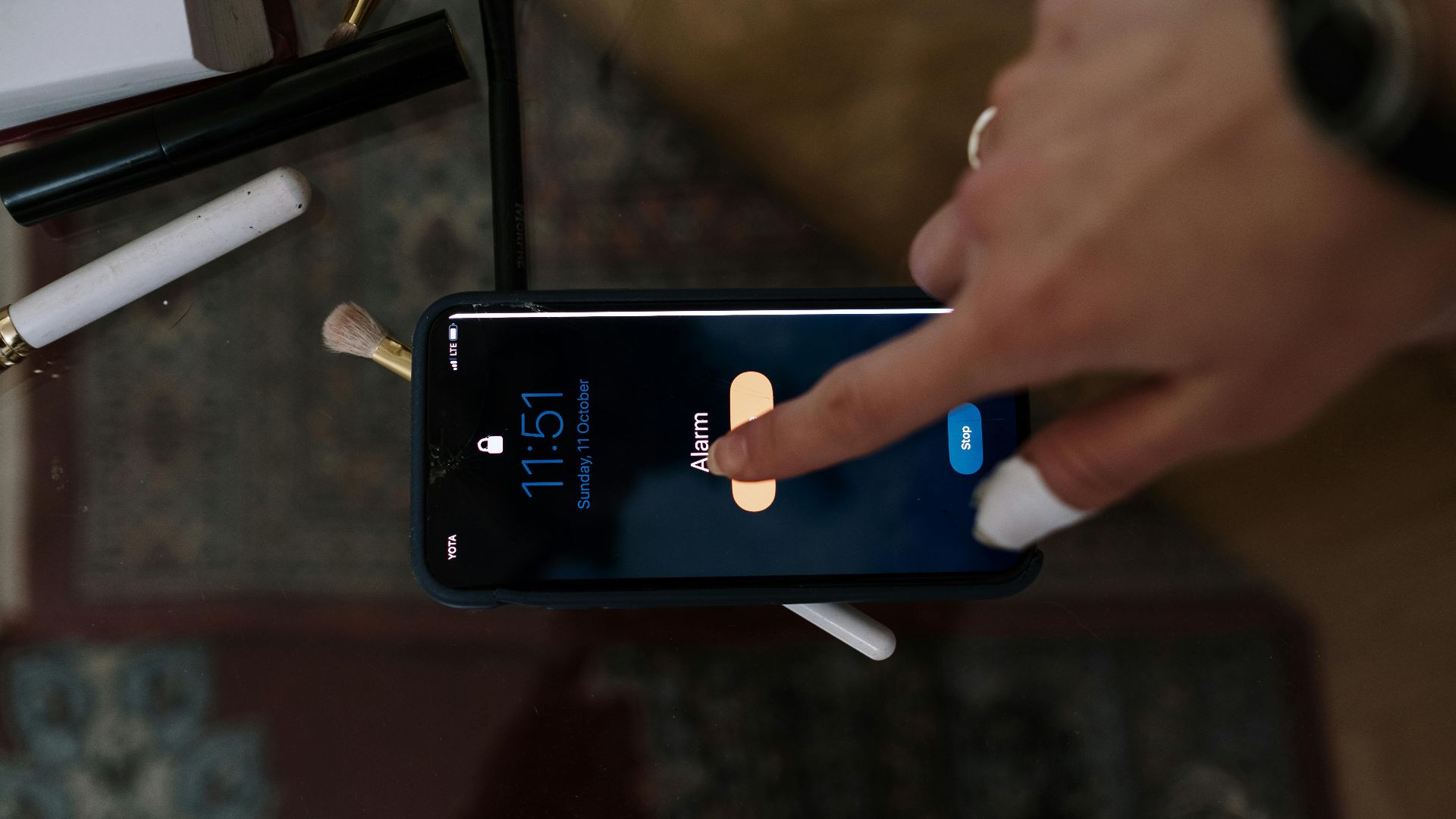When Sleep Just Isn't Working
We all know the feeling of dragging through the day like a zombie, only to lie wide awake the moment our head hits the pillow. It's frustrating but not uncommon. When the sleep habits get messy, your body starts sending subtle signals and quiet clues that something isn't quite right. Recognizing them is the first step toward reclaiming restful nights, so here are 10 signs your sleep schedule is a mess and 10 things you can do about it!
1. Trouble Waking Up Consistently
If you find yourself hitting snooze on multiple alarms or struggling to get out of bed at the same time each morning, your circadian rhythm might be in chaos. Irregular wake-up times throw off the body's internal clock, which makes it harder for sleep hormones to do their job.
2. You Rely On Naps To Stay Alert
Dozing off during the day signals poor nighttime sleep. While a 10–20 minute power nap can boost memory, relying on naps to get through the day indicates your sleep schedule likely needs a major reset.
3. You Can't Fall Asleep Unless Exhausted
When you rely on sheer exhaustion to fall asleep, your body's natural sleep pressure hides a poorly timed routine. Many people confuse sleepiness with true tiredness, but this mix-up traps you in a cycle of restless nights and ongoing fatigue.
4. Weekends Throw Everything Off
Late nights and sleeping in on weekends cause "social jet lag", which can shift your sleep schedule by over an hour. This disrupts the sleep-wake cycle, making Monday mornings feel like a tough time-zone change, complete with fatigue and brain fog.
5. You're Wide Awake At Bedtime
If you're lying in bed wide awake at bedtime, your body clock might be out of sync. When melatonin doesn’t rise at the right time, falling asleep can feel impossible—especially for night owls stuck with early wake-ups.
6. Your Dreams Are Vivid And Exhausting
Sleep deprivation can ramp up the intensity of the REM cycles, ultimately leading to bizarre and vivid dreams. This "REM rebound" can happen after just one bad night that leaves you feeling more tired than when you went to bed.
7. You Oversleep But Still Feel Tired
Sleeping late yet waking up tired signals that your quantity doesn’t equal quality when it comes to sleep. Oversleeping can actually disrupt sleep architecture, which leads to grogginess and mood dips.
8. You Depend On Caffeine To Function
Reaching for multiple cups of coffee to start the day often means caffeine is masking poor sleep. While caffeine may offer a quick energy lift, it doesn't fix the underlying problem. What's more, drinking it late in the day can delay your body’s melatonin production.
9. You Often Wake Before Your Alarm
If you're regularly waking up before the alarm goes off, your sleep cycle might be running ahead of schedule. Anxiety, light sensitivity, or even your brain's uncanny ability to anticipate alarms can jolt you awake too early.
10. You Wake Frequently In The Night
Waking up multiple times during the night, even if you don't remember it, is a classic sign of sleep fragmentation. This constant interruption robs you of the deep, restorative sleep your body needs. Stress and a misaligned sleep schedule can trigger these early-night arousals.
Now that we've uncovered the telltale signs that your sleep schedule is off, it's time to flip the script. Let's get into practical, doable ways to get your nights—and mornings—back on track.
1. Create A Relaxing Pre-Bed Routine
Predictable routines are like lullabies for the brain, signaling that it's time to let go of the day. As you settle into your nightly groove, the cortisol levels drop, making it easier to drift off.
2. Go To Bed Only When Sleepy
Staying in bed while wide awake increases anxiety and trains the brain to link your bed with wakefulness rather than rest. Wait until you feel genuinely sleepy—when your sleep pressure is at its peak—so you can fall asleep quickly.
 Photo By: Kaboompics.com on Pexels
Photo By: Kaboompics.com on Pexels
3. Use Natural Light Strategically
If you want to reset your sleep schedule, let the sun be your alarm clock. Stepping outside or standing by a window with your morning coffee does more than just wake you up—it actually suppresses melatonin and boosts your alertness.
4. Avoid Long Naps
We all love a good nap, but snoozing for more than 30 minutes can throw your sleep drive out of whack. Long naps push you into deeper sleep stages, making it harder to shake off that groggy, "where am I?" feeling—also known as sleep inertia.
5. Cut Caffeine By Early Afternoon
That afternoon latte might seem harmless, but caffeine lingers in the system longer than you think. Cutting off caffeine by early afternoon can keep it from disrupting your ability to fall asleep later on and reduce those annoying nighttime awakenings.
6. Limit Screen Use Before Bed
Scrolling through your phone or binge-watching shows before bed might feel relaxing, but the blue light from screens delays melatonin production and keeps your mind buzzing. Even cutting back on screen time by just one hour before bed can make a noticeable difference in your sleep quality.
7. Be Mindful Of Alcohol
A glass of wine might make you feel sleepy at first, but alcohol is notorious for disrupting REM sleep and lowering overall sleep quality. While it can cause early sedation, it often backfires by waking you up in the middle of the night.
8. Avoid Heavy Meals Late At Night
Late-night feasts might satisfy your cravings, but they can wreak havoc on your sleep. Heavy, spicy, or fatty foods increase the chances of waking up in the middle of the night. So, keep dinner light and let your body focus on rest, not digestion.
9. Exercise Regularly But Not Right Before Bed
Regular exercise is a sleep superpower, enhancing deep sleep and reducing stress. However, timing plays a key role. Working out too near bedtime can keep your body temperature elevated, which may keep you from falling asleep.
10. Consider A Wind-Down Alarm
Setting a wind-down alarm on the phone is a clever way to remind yourself to start your bedtime routine. These pre-bedtime alerts help you transition away from stimulation and cue your brain that it's time to relax.
KEEP ON READING

20 Natural Ways You Can Boost Your Immune System

20 Ways To De-stress & Relax After Work

The 10 Most Common Diseases & The 10 Most Rare







